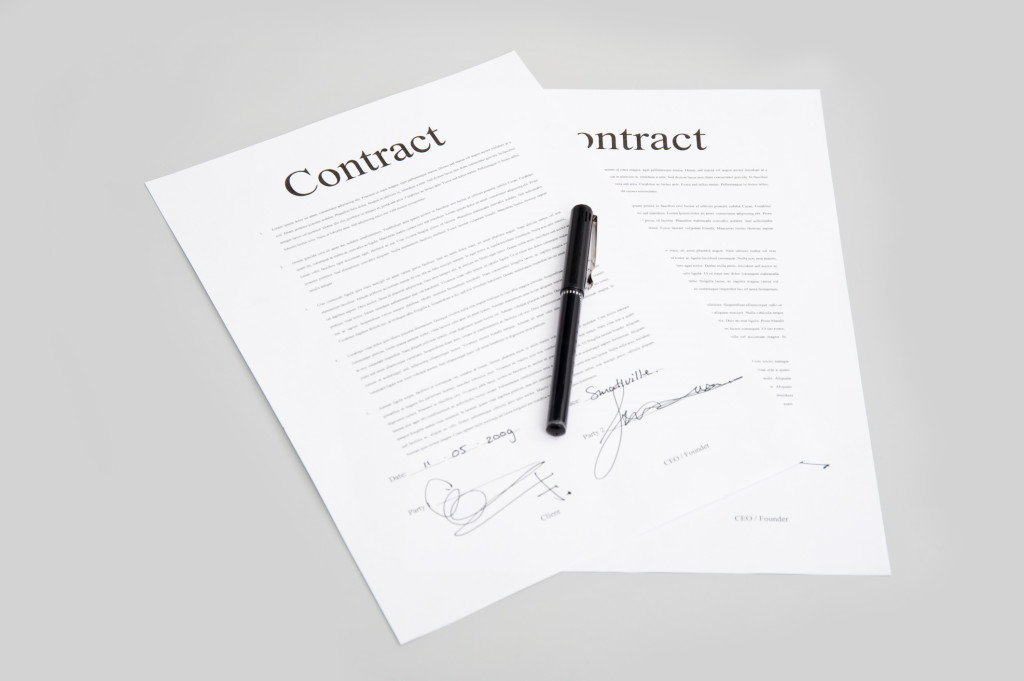Let me start at the top: Emails can create contracts or prove the existence of a contract.
The problem arises from the fact that many people don’t understand exactly what is a contract. Television and Hollywood have created the false image that it is a formal document written in arcane legalese or Latin and embossed with a huge, gaudy, gold seal. A contract is, instead, an offer to do an action or buy a product and the acceptance of that offer by the other party.
With the exception of contracts having to do with real property, it does not even have to be in writing. There is another exception: any agreement which cannot be performed in one year must also be in writing. This requirement is known as the Statute of Frauds.
The old saying about an oral contract not being worth paper it’s written on is not actually true.
This brings us back to the point I made at the beginning: an email can be a contract or the proof of a contract.
Let’s look at an example to explain how this works. Bill offers to buy Ray’s car for $5,000. Ray accepts the offer. This is a basic contract. Bill made an offer, and Ray accepted the offer. A contract has now been formed. Bill then sends an email to Ray saying: “As agreed, I will come by Saturday with the money and to pick up the car.” Ray sends back: “I changed my mind, I’m not selling.”
In this example, while the email is not a contract it is evidence of the contract. Bill put in the basic terms in his email. Ray did not dispute the terms and so he has admitted to the contract. What he then did was tell Bill that he was breaking the contract. Bill now has proof of the contract and the breach of it. Had Ray instead wrote back: “What are you talking about? I never agreed to sell you my car,” then Bill’s email would be not have been proof of the contract. At this point it’s Bill’s word against Ray.
An email can also be the actual contract. For the purpose of the law, an email can be considered a written contract. In order for the email to be considered a contract, it must contain all the terms of the agreement and a corresponding email or other writing showing that the other party accepted it.
To make this easier to understand, let’s look at an example: The parties had an email exchange about modifying an employment contract. The plaintiff emailed to the defendant that he accepted the terms. The defendant emailed back memorializing the terms. This was found to be a valid written contract.
The court noted that: “The e-mails from plaintiff constitute signed writings’ within the meaning of the statute of frauds, since plaintiff’s name at the end of his e-mail signified his intent to authenticate the contents.”
It is important to note that in order to prove that the email is a contact it must contain substantially the whole agreement, together with all the relevant material terms and conditions. The detail must be sufficient so that an outside reader can understand what the parties agreed upon. Also be aware, that this does not have to be contained in one email. The contract can be found from an email chain between the parties.
To avoid accidentally creating a contract, include a disclaimer on all your emails. For instance, consider using something like this: “For Negotiation Purposes Only. This email is not intended to create any contract between the parties. No contract shall be created except by the physical signing of a separate physical original document.”
In conclusion, do not treat an email like a phone call. It is a writing as much as a letter or a written contract. Think twice before you hit “send.” Also a call to your lawyer before you even write the email is probably a good idea.
